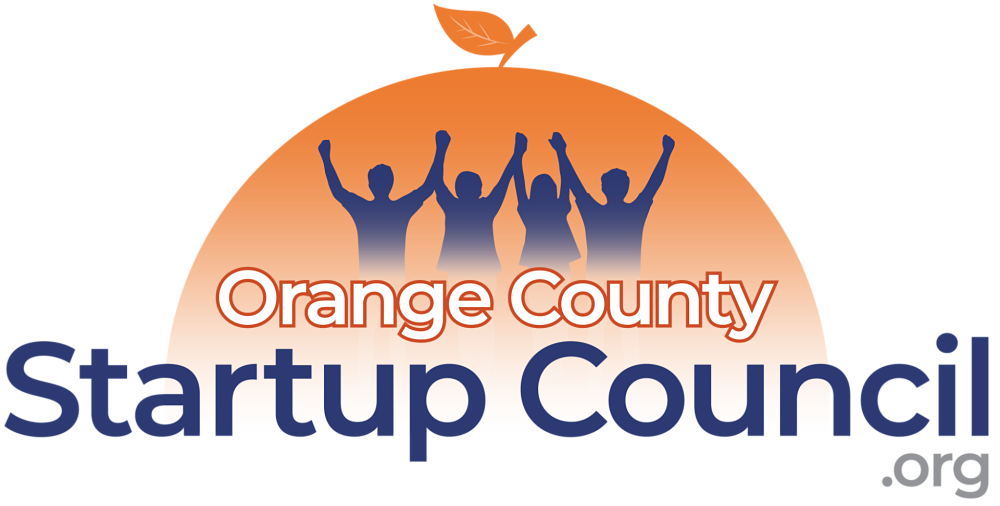CIIAAs Explained: Protecting Your Startup’s Core Assets
A Thought Leadership article we liked from Westaway:
Who Owns What? Invention Assignment
If you don’t fully understand whether an individual or the company owns specific intellectual property (IP), then you need to resolve the conclusion as soon as possible.
This article discusses the importance of IP ownership for startups. As you’ll see below, much of the value of the company is dependent upon this single question.
Generally, the creator of the IP is the owner. However, when it comes to startups, it’s important for the company to own the IP related to its products, services or operations. This is crucial for continuity, investor attractiveness, licensing and monetization, asset valuation, legal protection, scalability, and growth. To ensure that the IP created by employees or founders is owned by the company, startups use Confidential Information and Invention Assignment Agreements (CIIAA).This article explains more about CIIAAs.
It’s important to work with your legal counsel to assess IP ownership and ensure that the company has proper title. If you’re looking for counsel, feel free to reach out to us here.
The Default Setting
As mentioned above, unless there’s an agreement in place, the creator of the IP is the owner of that IP, whether that creator is a founder, employee, contractor or advisor.
Creation Is the Key. IP rights don’t generally exist in an idea as such. They exist in a particular expression or implementation of an idea. For example, you can’t copyright an idea for a novel, but you can copyright the actual text of the novel once it’s written. Similarly, you can’t patent an abstract idea, but you can patent a specific, concrete invention that embodies the idea.
Automatic Rights. In many cases, these rights are automatic. For example, copyright exists automatically from the moment a work is created in a tangible form. There’s no need to register or apply for copyright, although doing so can provide additional benefits.
Multiple creators. Things can get more complex when there are multiple creators. In general, if two or more people jointly create a work, they will be joint owners of the IP in the work. But the specifics can depend on things like their intention, their respective contributions to the work and the laws of the relevant jurisdiction.
IP laws can vary significantly from one country to another. For example, some countries recognize “moral rights” (such as the right to be acknowledged as the author of a work), which can’t be transferred and remain with the creator even if the economic rights are transferred.
Remember, these are general principles and the specifics can depend on a lot of factors. If you’re dealing with a situation where...
Read the rest of this article at Westaway.com...
Thanks for this article excerpt and its graphics to Westaway.
Want to share your advice for startup entrepreneurs? Submit a Guest Post here.

